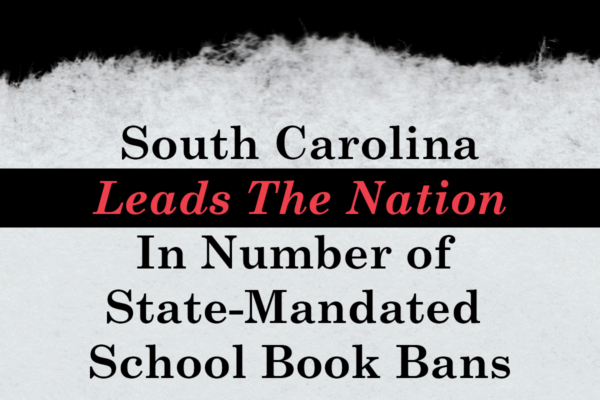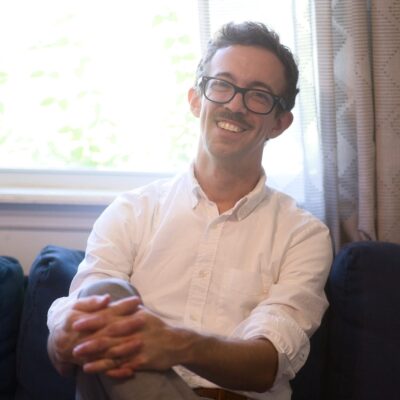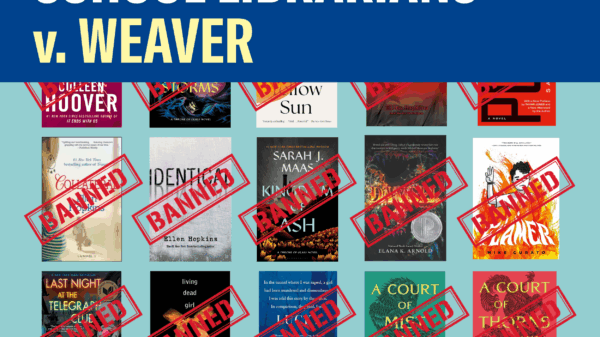SCASL v. Weaver
In October 2025, South Carolina public school librarians and students filed a lawsuit asking a federal court to block enforcement of the state’s unconstitutional book banning regulation and a classroom censorship memo issued by the state education superintendent.
The lawsuit challenges the constitutionality of Regulation 43-170, which bans all materials in kindergarten through 12th grade public schools if they contain descriptions or depictions of “sexual conduct.” This regulation, which was promoted by Superintendent Ellen Weaver and took effect in June 2024, led to the banning or restriction of 22 books statewide — the largest number of state-mandated school book bans in any state, according to PEN America. (See the full list of books below.)
The lawsuit also challenges a memorandum issued by Superintendent Weaver on March 14, 2025, that requires state employees to indoctrinate students according to the superintendent’s views on sex, gender, race, and American exceptionalism. The memo prohibits 14 ideas and concepts from S.C. Department of Education materials, including “implicit bias,” “restorative justice,” “cisgender,” and “social-emotional learning,” although it notes that its list of taboo concepts is “not exhaustive.”
The plaintiffs in the lawsuit are the South Carolina Association of School Librarians (SCASL) and three minor public school students. The suit challenges the superintendent’s censorship regime under the First and Fourteenth Amendments to the U.S. Constitution.



